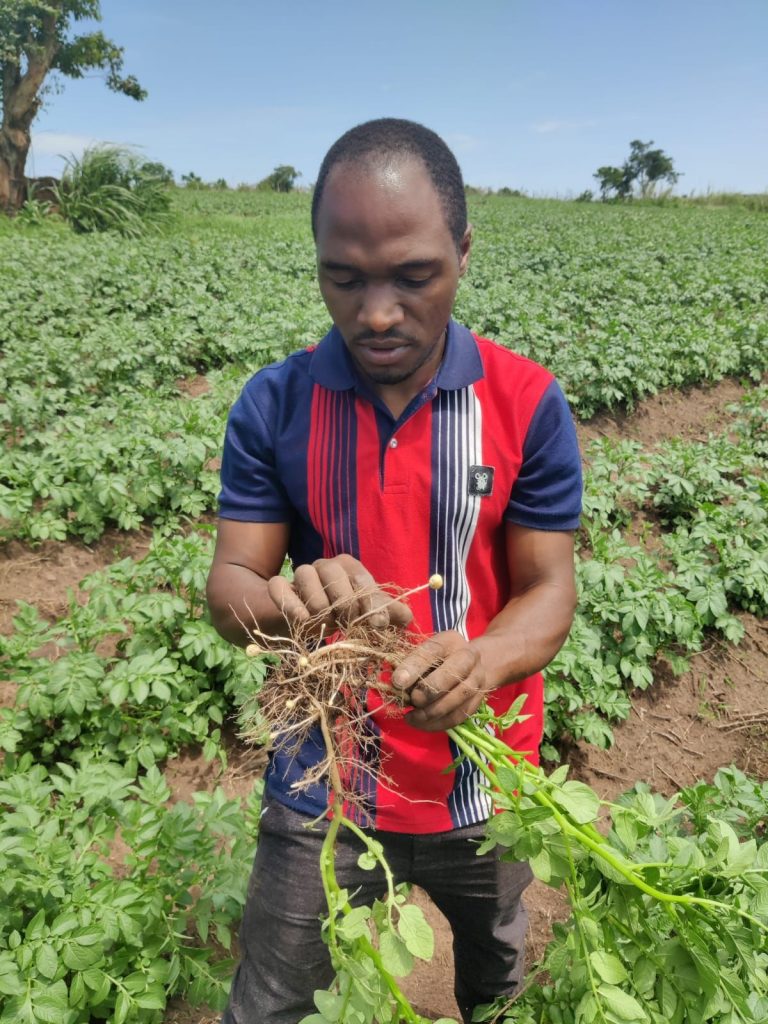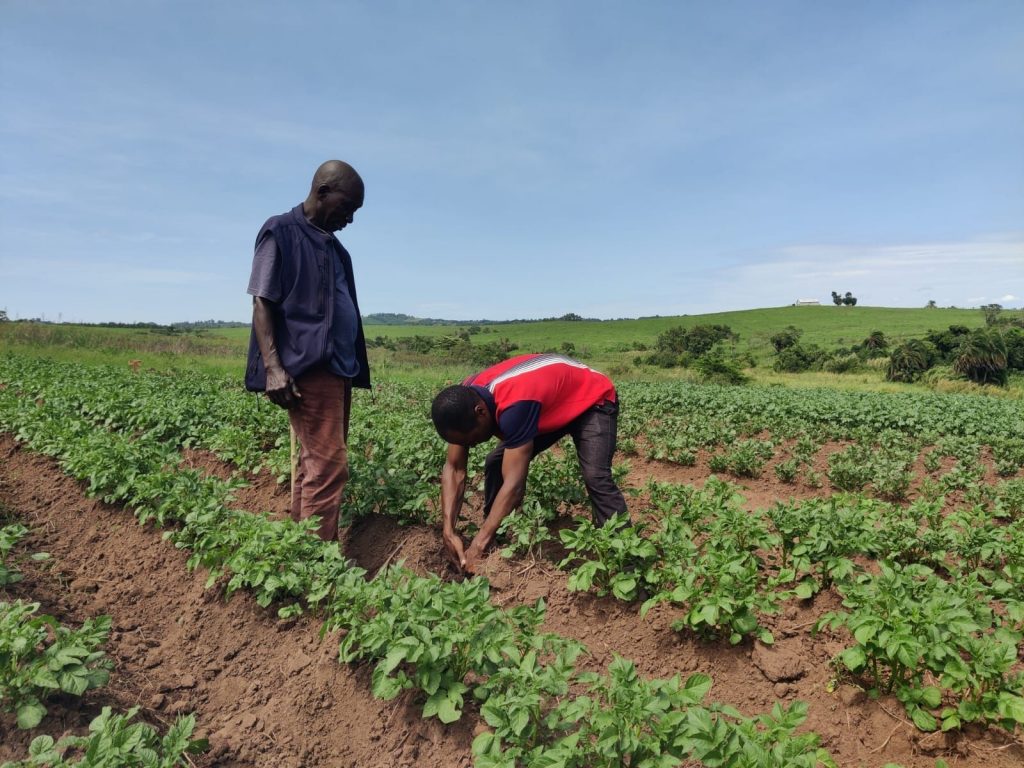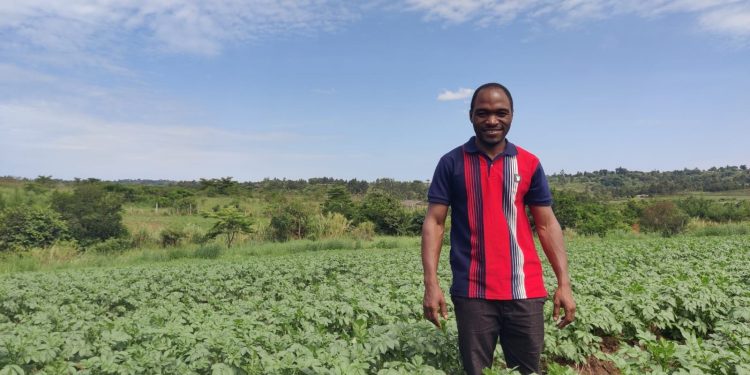In recent years, the agricultural sector has witnessed a growing emphasis on sustainable practices aimed at ensuring long-term viability and environmental stewardship. One area where this shift is particularly evident is in seed potato production, a crucial component of global food security. As farmers, agronomists, agricultural engineers, farm owners, and scientists working in agriculture, it’s imperative to stay abreast of the latest developments in this field to enhance productivity while minimizing environmental impact.
According to recent data, the demand for high-quality seed potatoes continues to rise, driven by population growth and changing dietary preferences. In response to this trend, farmers are increasingly turning to innovative solutions to optimize production while addressing sustainability concerns. One such solution gaining traction is the integration of regenerative practices into seed potato cultivation.
Regenerative agriculture focuses on enhancing ecosystem health and resilience by restoring soil health, increasing biodiversity, and minimizing chemical inputs. Studies have shown that adopting regenerative practices not only improves soil fertility and water retention but also reduces greenhouse gas emissions and enhances crop resilience to pests and diseases.
Furthermore, regenerative seed potato production offers numerous benefits beyond environmental sustainability. By improving soil structure and fertility, farmers can achieve higher yields and better-quality potatoes, leading to increased profitability. Additionally, regenerative practices promote long-term farm viability by reducing reliance on external inputs and enhancing ecosystem services.
Agrey Nyakunga’s appointment as Operations Manager at Kilimo Kisasa Ltd signifies a commitment to embracing regenerative solutions in seed potato production. With his extensive experience in Dutch variety seed potato production, Agrey is well-positioned to lead the implementation of regenerative practices, such as cover cropping, crop rotation, and reduced tillage, to enhance soil health and productivity.
As we look to the future, it’s clear that sustainable agriculture practices, such as regenerative seed potato production, will play a pivotal role in ensuring food security and environmental sustainability. By prioritizing soil restoration and biodiversity conservation, farmers and agricultural professionals can contribute to building a resilient and thriving agricultural ecosystem for generations to come.


Conclusion:
Incorporating regenerative practices into seed potato production is not only essential for meeting the growing demand for high-quality potatoes but also for ensuring the long-term sustainability of agricultural systems. By embracing Agrey Nyakunga’s leadership and expertise, Kilimo Kisasa Ltd is poised to spearhead this transformation towards a more sustainable and resilient future in seed potato production.







